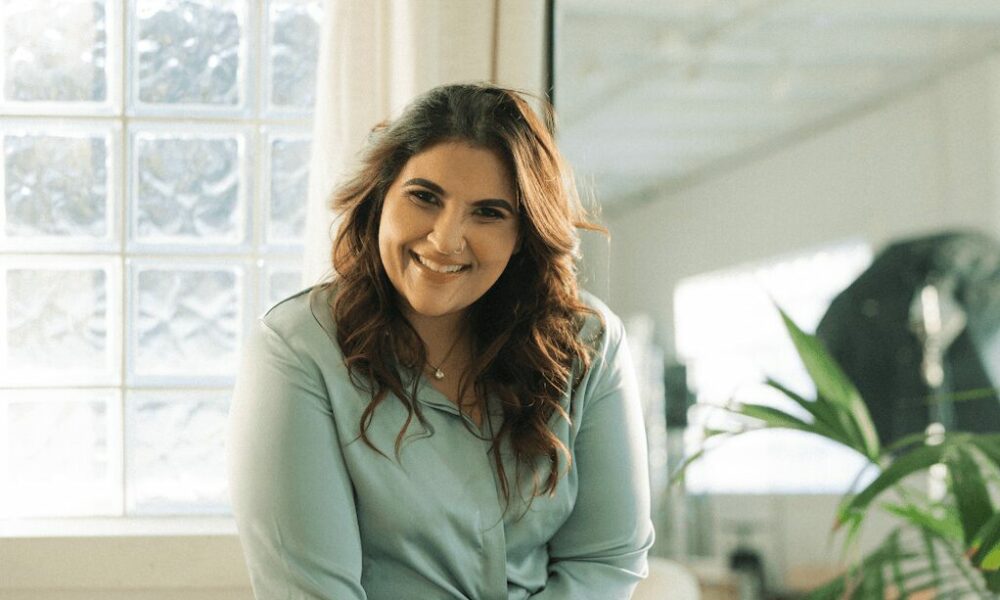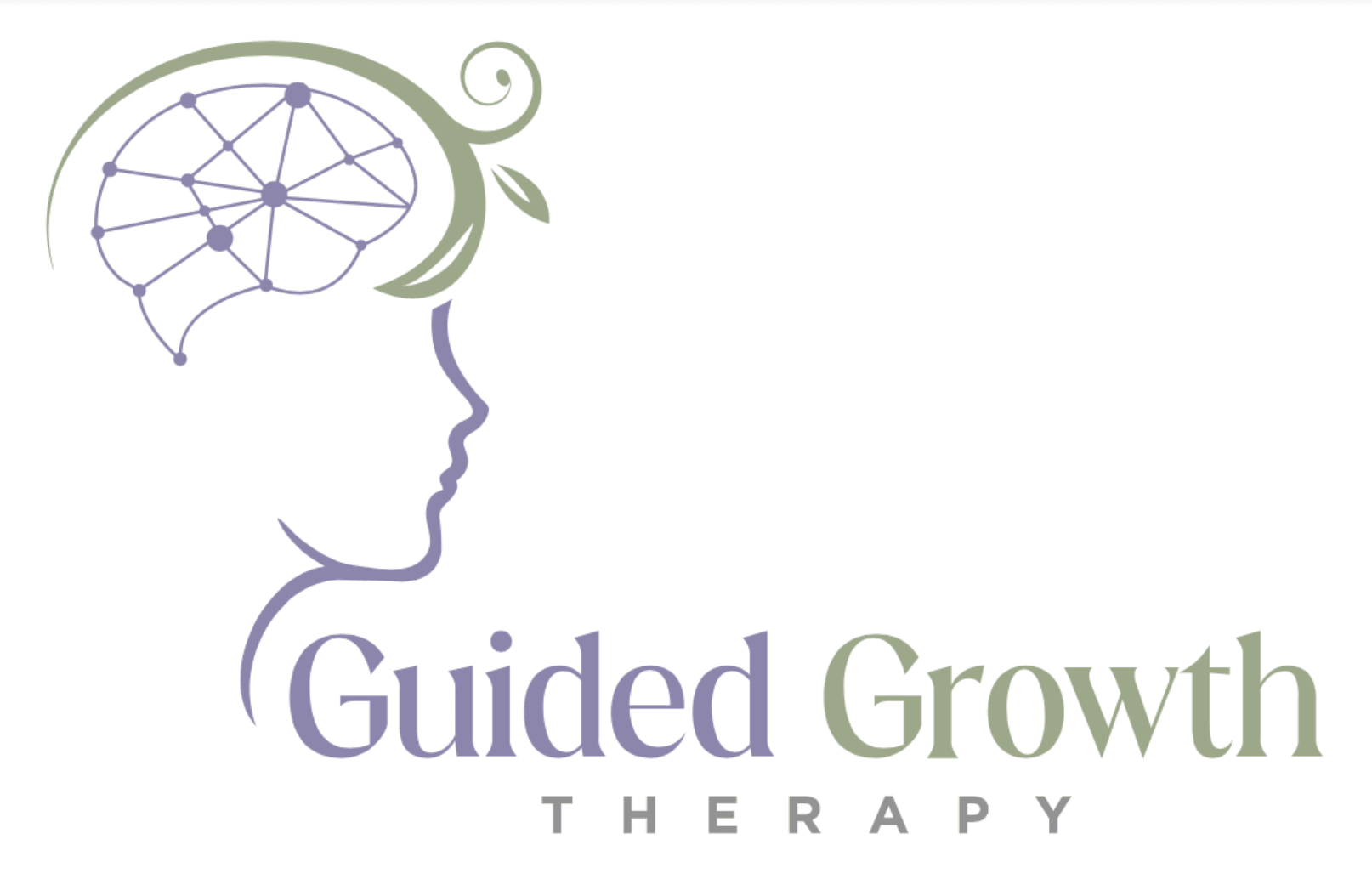

Today, we’d like to introduce you to Dr. Sehrish Ali.
Hi Dr. Ali, it’s an honor to have you on the platform. Thanks for sharing your story with us – to start, maybe you can share some of your backstory with our readers.
When becoming a therapist, my goal was to work in a setting that fit not only my specialty but my work style as well. For me, the goal was also to gain experience working in different settings to gain knowledge, referral sources, and strategies to utilize when opening my private practice.
Through the experiences and training I received to become an eating disorder specialist, I began to recognize the gap in services and resources available to multicultural and BIPOC (Black, Indigenous, and People of Color) communities. Over time, my goals transitioned into creating a space that allowed me to provide flexibility in scheduling and resources while working to bridge the gaps needed to establish creative and individualized approaches for my clients.
Creating these individualized approaches encouraged me to address the when, where, and how sessions would occur. In addition to my role as a therapist, I take part in research to help create and disseminate resources and psychoeducation within the community to establish a sense of awareness surrounding eating disorders and the integration of treatment.
Currently, I am expanding my practice by providing consultation and supervision for therapists, clinicians, schools, clinics, and facilities for those interested in working with body image, disorder eating, eating disorders, and the potential effects on various cultural populations.
Can you talk to us about the challenges and lessons you’ve learned? Looking back, would you say it’s been easy or smooth in retrospect?
In the mental health field, one of the challenges I encounter in both of my roles as a therapist and researcher is that the theories, skills, and interventions that are considered best practices do not always consider or have been evaluated about acculturation and how different cultures and ethnicities respond to these modalities in therapy.
As not only a clinician but also an individual who identifies as a person of South Asian descent seeking therapy herself, this was a hard realization. Therapy and the significance of mental health have always been tied up with stigma. Through awareness, education, and exposure, we are seeing changes in the awareness and attitudes towards mental health and wellness.
However, many still leave it on the back burner. When examining minority cultures and the LGBTQ community, the integration of their narratives and how their perceived cultural customs and stories of origin are not always addressed. It should be an integral part of their intake process. Throughout many of the training and educational opportunities I have had during graduate school, the voices of the clients and their stories from a cultural and ethnic perspective were not addressed or perceived as significant.
Through my experiences, I have begun advocating the need to create space and understanding of cultural competency when addressing clients’ mental health and daily life stressors through their own worldview. I often say normal is subjective, and it’s vital we understand, define, and clarify our own normal to the best of our ability to help initiate and alleviate day-to-day stressors.
We’ve been impressed with Guided Growth Therapy, but for folks who might not be as familiar, what can you share about what you do and what sets you apart?
Guided Growth Therapy is a private practice that considers an individual’s journey, including their multicultural and BIPOC identities, body image concerns, trauma history, disordered eating history, and how these variables affect their treatment.
By creating individualized treatment plans and emphasizing the client’s individuality and characteristics, I focus on treating the whole person instead of just aiming for symptom reduction. As a product of two cultures, I have gained insight into how to integrate and place an emphasis on an approach through a multicultural lens. This allows us to look at problems, their origins, and treatment options differently than previously considered.
I work with groups, couples, and individuals ages twelve and above. I work with people who have a wide range of concerns, including anxiety, trauma, depression, grief, relationships, s*x, identity, self-image, eating disorders, body image, and their career. Additionally, I enjoy working with therapists and counselors-in-training because I think it’s important that those who work in the mental health field take good care of themselves while having a safe space to process their concerns.
Although each therapy session is unique, most sessions involve improving self-awareness, feeling more in control of your life, leveraging your strengths, learning new coping and problem-solving techniques, fortifying relationships, defining your values, and discovering meaning or purpose. I’ve had training in most therapy modalities that have been shown to be effective by research.
These modalities include acceptance and commitment, motivational interviewing, cognitive behavioral, interpersonal, narrative, solution-focused, family systems, person-centered, and experiential. Each client is unique and should receive a customized approach to counseling. Therapy with me typically consists of a combination of various therapeutic modalities through an individualized plan we develop together.
Person-centered and experiential modalities are my favorite types of therapies because they allow us to develop trustworthy relationships and create an environment where we can explore who we are in the moment. This is important since you are a process, not a diagnosis.
Any advice for finding a mentor or networking in general?
My advice to anyone looking to start a private practice, enter the field of mental health, or even transition into a new career is to stay consistent, collaborate, connect, and simply be authentic! Mentorship, connection, and collaboration. I have been quite lucky over the years to have a great set of mentors I have leaned on since my early “baby therapist” days.
Having individuals you can trust and rely on not just from a competence aspect but also to consult with about your care and how you are managing can be vital. We all have hard days, and having a sounding board you trust can make all the difference on those harder days. My field is filled with some amazing humans who have dedicated their lives to helping their clients grow.
As an eating disorder therapist, it’s important for me to collaborate care with dietitians, physicians, psychiatrists, and various other professionals. Seeking a good network is vital for both professional and personal growth. Seeking like-minded individuals with similar goals and mission values can make a world of difference.
Mentors have come in the form of professors, colleagues, supervisors, and therapist friends who have all, at some point, served as both collaborators and processors who have helped in assessing various situations, whether it be ethical dilemmas, financial growth, marketing, or simply grabbing a coffee and catching up on the current research and training that keep me updated within the field.
I feel that my experience and mindset around the team approach have made me realize the value of collaboration and how vital it is for both clients ‘and professionals.
Contact Info:
- Website: https://www.guidedgrowththerapypllc.com
- Instagram: https://www.instagram.com/guidedgrowththerapy/
- Linkedin: https://www.linkedin.com/in/sehrish-ali-phd-lpc-ceds-79420546/



 Image Credits
Image Credits
@juliagutierrezphoto










